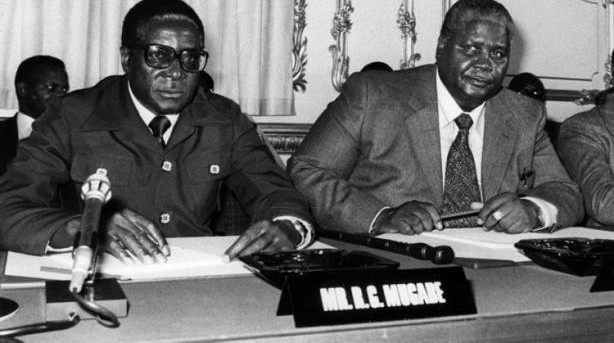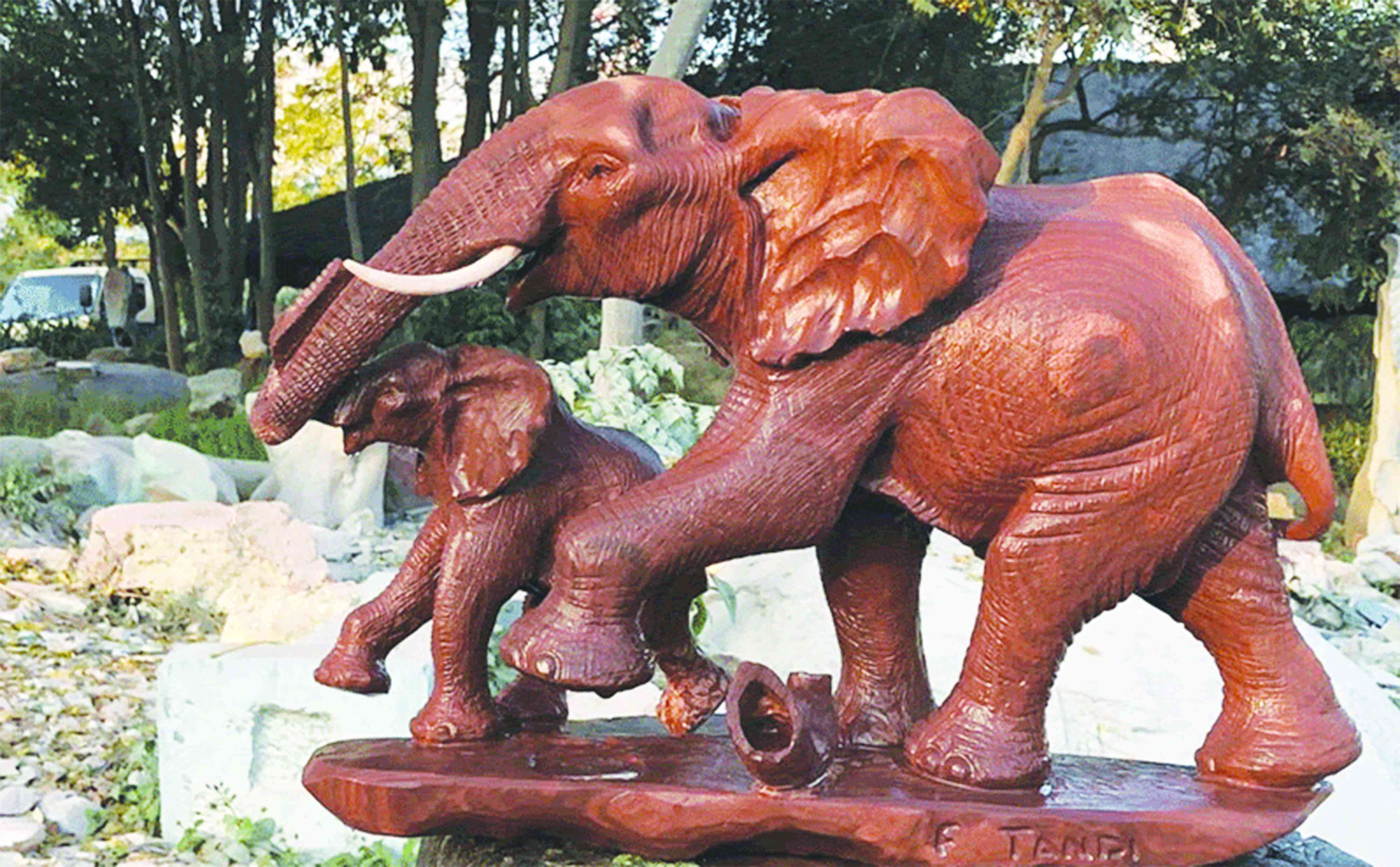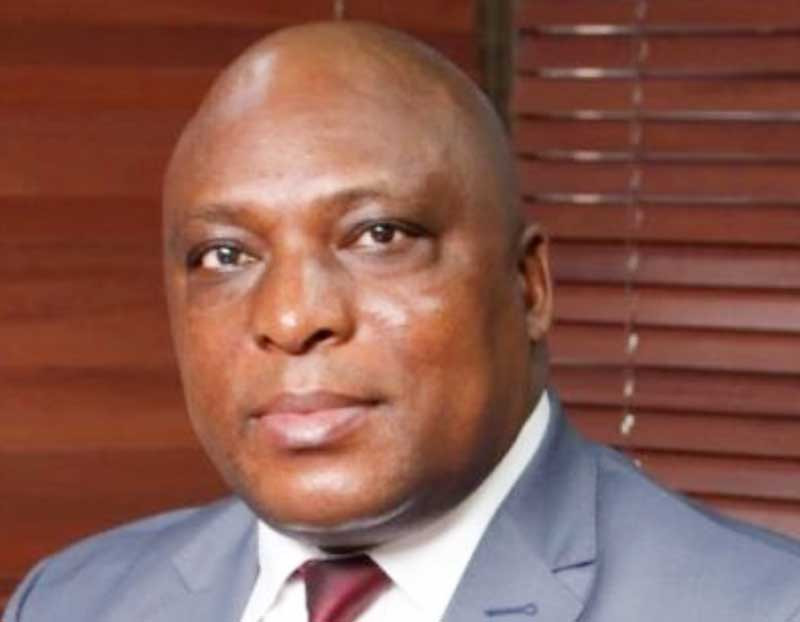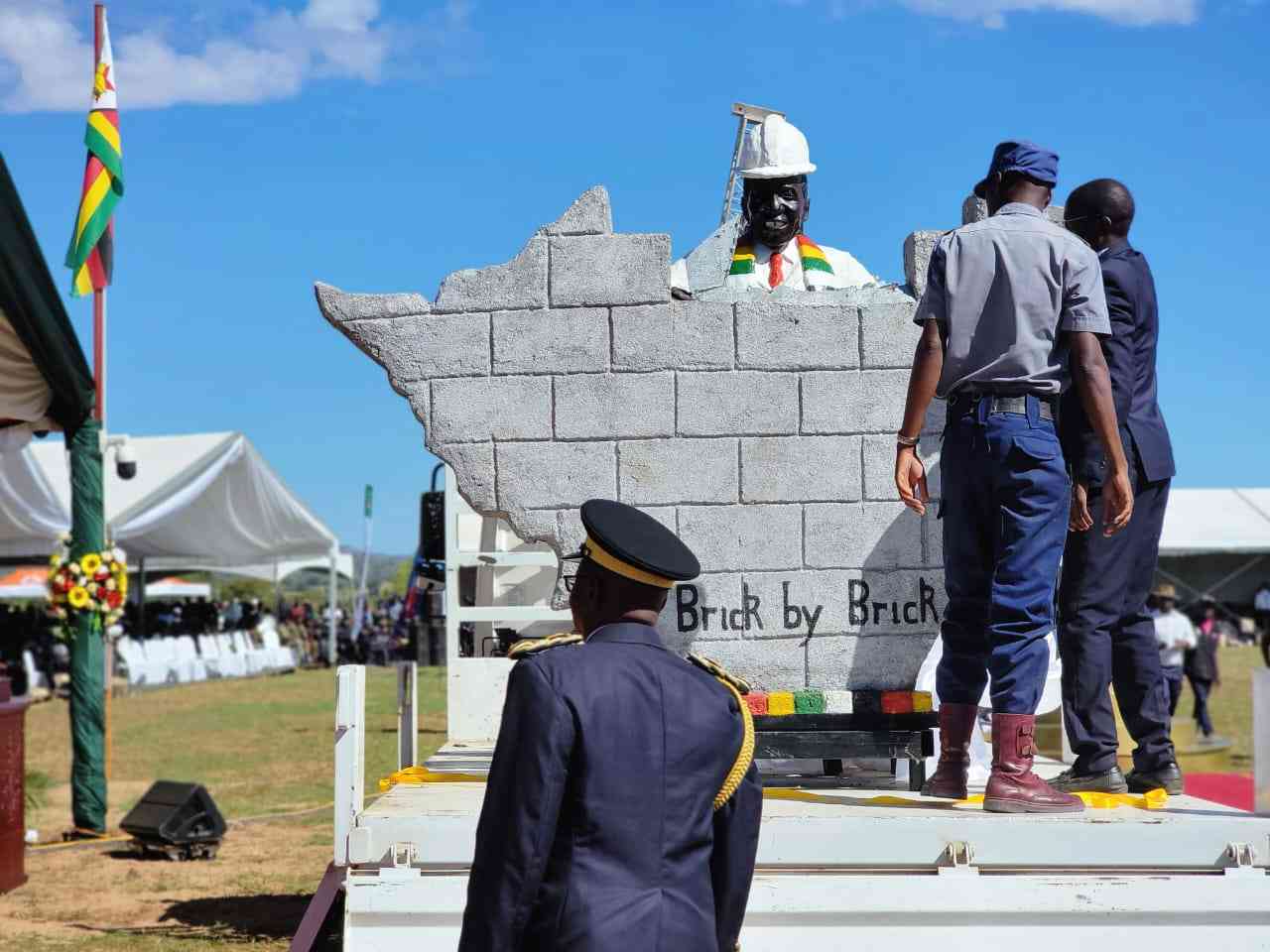
WHEN the leaders of Zanu and Zapu, the late former President Robert Mugabe and late Vice-President Joshua Nkomo, signed the Unity Accord on December 22, 1987, they supposedly ended a conflict that had killed over 20 000 people since 1983 now largely known as Gukurahundi.
Ten years later, in 1997, December 22 was declared a national holiday, a day to reflect on the peace and reconciliation in Zimbabwe. The day is supposed to promote nationalism as Zimbabweans, to forget the exclusionary politics of the years before that promoted class, ethnic and religious differences.
The history of animosity and the distrust between the political leaders supposedly ended with the signing of the accord.
Fast-forward to 2021 and the intervening years since the turn of the new millennium, Zimbabweans are no closer to being united. Any notion of nationalism, peace and harmony disappeared with the emergence of the Movement of Democratic Change in 1999 led by the late trade unionist Morgan Tsvangirai.
Even a government of national unity from 2009 to 2013 failed to heal the animosity between Zanu PF and MDC.
By the 2018 elections, both Mugabe and Tsvangirai had disappeared from the political scene but the polarisation between the two parties and their supporters has worsened.
This is because some of the actors in the 1980s disturbances remain in power and their traits remain in the fore, such as the incapacity to tolerate political differences and the inability to share political space on the part of the ruling elite.
Such traits have proved an albatross to Zimbabwe’s nation-building efforts and the current political leadership, especially that in power, does not seem to have the capacity or wherewithal to shepherd the country towards a common purpose.
- Chamisa under fire over US$120K donation
- Mavhunga puts DeMbare into Chibuku quarterfinals
- Pension funds bet on Cabora Bassa oilfields
- Councils defy govt fire tender directive
Keep Reading
Zimbabwe is back to the situation of distrust and animosity between the two dominant political parties. Support for the leaders, President Emmerson Mnangagwa of Zanu PF and MDC Alliance’s Nelson Chamisa is split right down the middle.
State-sponsored violence against perceived critics of government has increased while human rights abuses have risen in frequency and scale since the 2018 elections. Soldiers now man roadblocks and have a visible presence on the streets as a way of keeping opposition activities in check.
What has happened to the ideals of the Unity Accord that Mugabe and Nkomo forged all those years ago? Why is the ruling elite bent on promoting division among the population? Why is it threatened by new ideas or opposing views?
We must be comfortable in our disagreements without the need to beat up or maim those who hold opposing views. It starts with our politicians, especially those in leadership.











